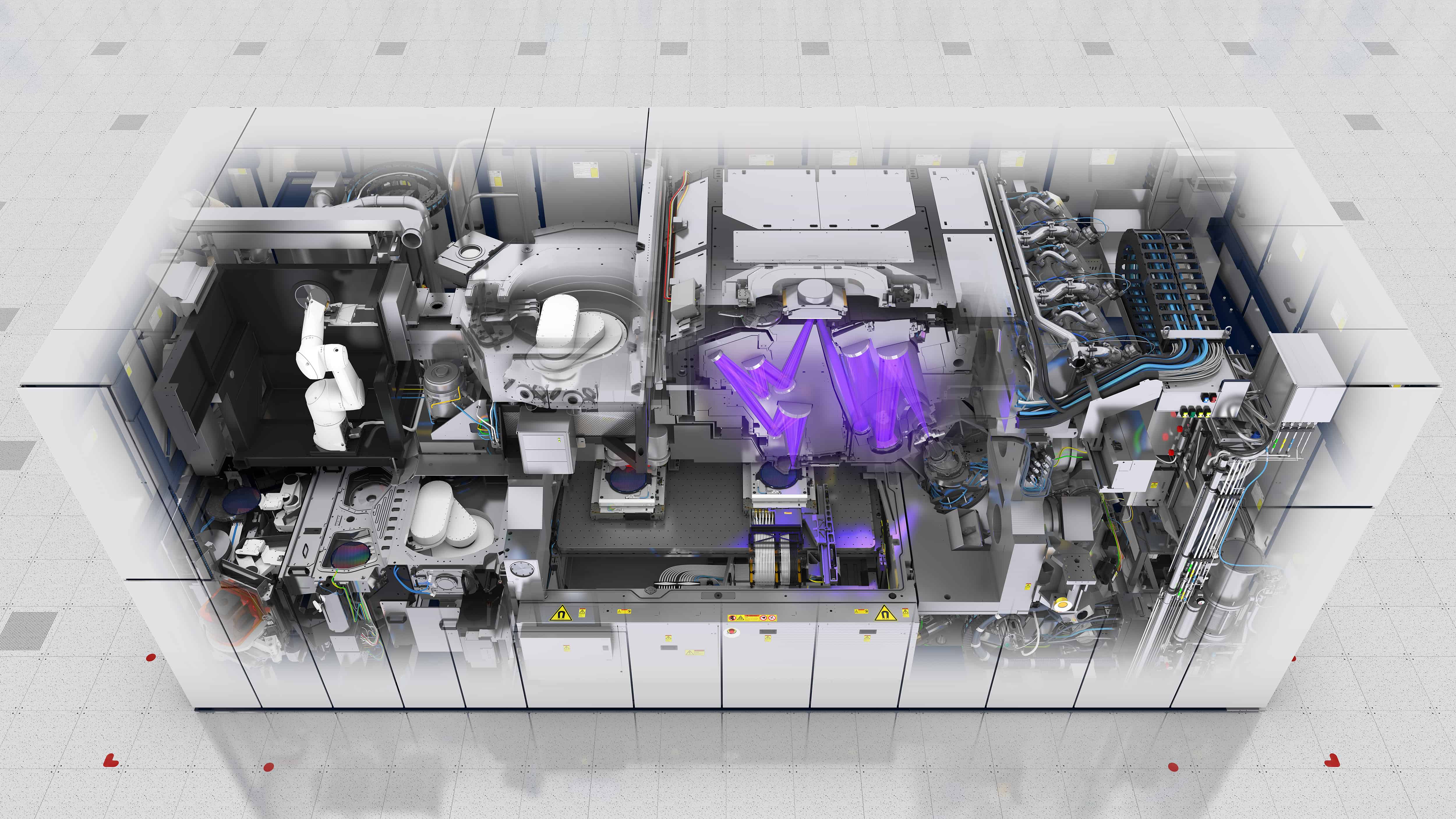
TNO’s annual report offers not only a long list of initiatives, ambitions, and results in areas such as safety, health, sustainability, and digitalization but also a clear call for the country to put more money and energy into innovation. According to TNO, the rapid development of technologies such as AI, quantum and photonics, and societal challenges are creating new opportunities for high-tech in the Netherlands. “To cash in on these opportunities, a joint strategy is needed from companies, knowledge institutions, and government, including structural funding for R&D.”
Why you should read this
TNO is an independent research organization that conducts technical, natural, and social scientific research to make this knowledge applicable to governments and companies. It has the statutory task of maintaining, strengthening, and renewing the government’s knowledge base in a number of important public research areas, such as defense. So TNO’s annual report says a lot about the state of innovation in the Netherlands.
TNO’s goal is to increase the national innovation effort to 3% of GDP, representing an additional investment of over 6 billion euros. This 3%, by the way, does not come out of the blue: it is the agreement that the EU countries have set among themselves. The Netherlands spends less on research and development (R&D) compared to surrounding countries. Countries like Germany and Belgium have consistently increased R&D spending over the past 20 years, while the Netherlands has lagged behind. According to recent figures, the Netherlands’ R&D spending was 2.3% GDP, more than 6.7 billion euros below the EU target value.

The high-tech sector makes a significant contribution to the earning power of the Netherlands. TNO looked at how the industry can continue to deliver this value to society in the future. “It is expected that in 2040, 50% of the turnover will be generated from new value chains, such as laser-satellite communication and equipment for renewable energy. To maintain the Dutch competitive position in high-tech, the sector must become 150% more productive and transform to a 100% sustainable business.” For greater strategic autonomy, TNO says it is necessary to build these new value chains and focus our innovation policy on them for a more extended period of time. “In this way, Dutch high-tech has the potential to produce a handful of new ASMLs in the coming decades.”
Speed is needed
It is no longer so much a question of whether an innovation will succeed as who comes up with it first and thus reaps the associated benefits. Speed—or in other words, a short time to market —is essential here. Acceleration is, to a large extent, ingrained in short-cycle innovation. TNO applies this way of working in research projects where an urgent question has to be answered.
The innovation landscape is becoming increasingly international and competitive. Therefore, the Netherlands in general and TNO in particular need to strengthen collective innovation efforts. “That means combining our unique strengths in the most promising areas to secure the sustainable Dutch competitive advantage and hold strategic positions in global value chains.” By bringing more coherence and focus to the research portfolio, TNO can increase its clout while becoming more effective and efficient.
Connecting people and knowledge
According to the annual report, TNO’s role in 2023 was characterized by the connection between people and knowledge. It is a year when artificial intelligence and platforms like ChatGPT become commonplace, significantly impacting various sectors of society. TNO’s commitment to linking these technological developments to societal issues proves crucial for progress.
As a catalyst for innovation, TNO facilitates government and private sectors with scientific insights and factual information. The organization does this by working with a multifaceted network of partners. The goal is to achieve a safe, healthy, and sustainable digital society. Strengthening the Dutch position within the global innovation landscape remains a key priority.
41 spinoffs, worth €331 million
By 2023, TNO will have established three spin-offs, bringing the total since the Tech Transfer program was launched in 2017 to 41. These companies have a value of €331.5 million and generate 631 jobs. Attracting external capital is vital for these spin-offs to grow in the first years. A total of €273 million in external funding has been raised, up from €66 million in 2023.
The three new spinoffs are: AIKON Health, which is developing wearable biosensors that focus on telemonitoring of health information, such as heart monitoring. Peregrion, which uses advanced Accelerator Mass Spectrometer (AMS) technology and knowledge of micro tracers to accelerate the development of new drugs. And Enfoil that enables manufacturers to integrate thin film technology-based solar cells into various surfaces, such as shipping containers and roof tiles.
The 3% target is needed, according to TNO, not only because of increasing investment in innovation but also to make the Netherlands more attractive as a business location for companies looking to push the boundaries of technology and science. The focus is on creating an environment where companies feel encouraged to invest in innovative projects and collaborations.
Valorization of knowledge
Valorization takes place at TNO by licensing and setting up companies that build on the results of applied research. This process contributes to economic development and creates new jobs, while also increasing the impact of innovations in both the public and private sectors.
It also continues to address less visible problems, such as particulate matter. TNO’s expertise in environmental issues and health risks plays a key role in understanding and combating these hard-to-control topics. Such efforts reflect TNO’s mission: to create impactful innovations for society’s sustainable well-being and prosperity.








